Space vehicles like SpaceX’s Falcon 9 are designed to be reusable. But this means that, like Olympic gymnasts hoping for a gold medal, they have to stick their landings.


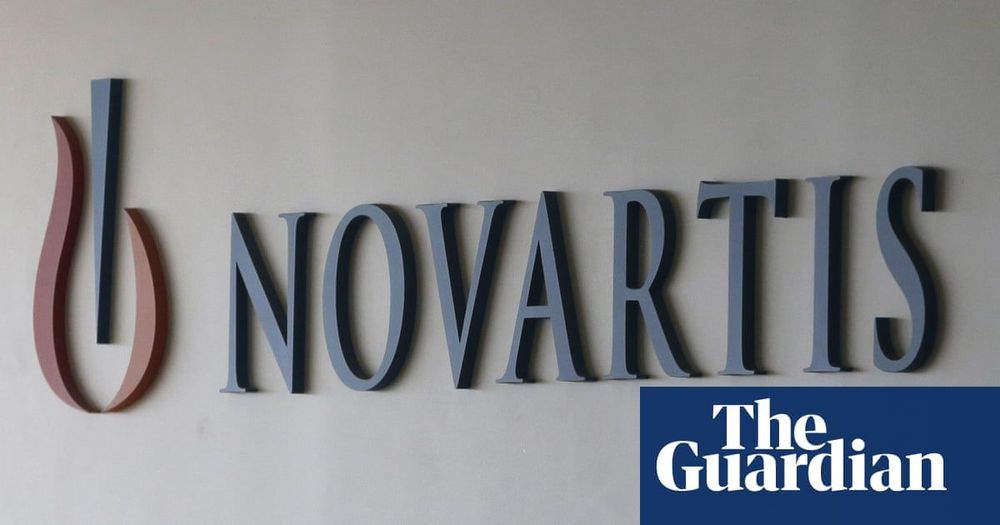
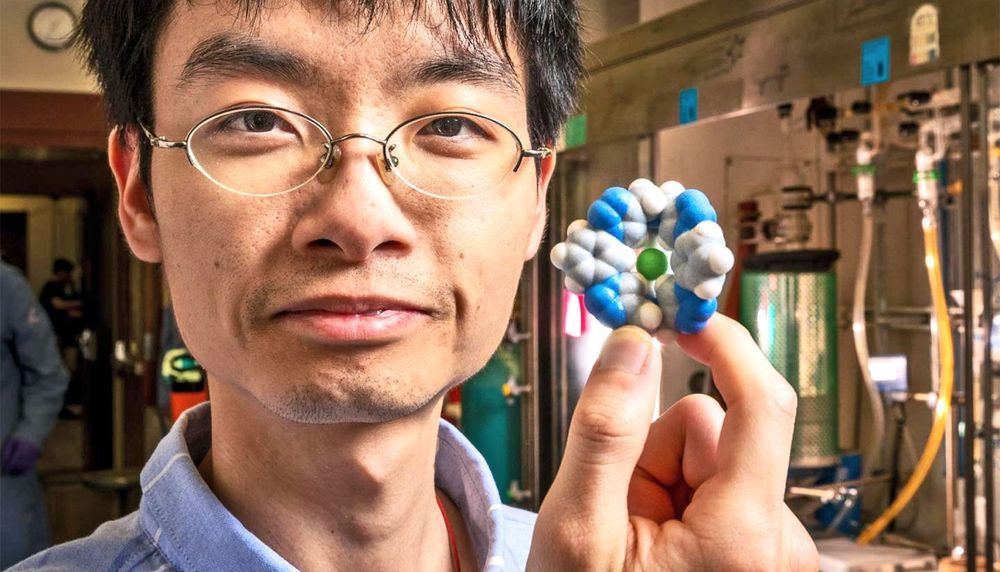


In the video, SpaceX’s Starlink satellites pass overhead like a string of pearls, a brilliant trail of moving lights in the night sky. SpaceX launched the satellites into an initial orbit 273 miles (440 kilometers) above Earth. They are making their way to a final orbit 342 miles (550 km) up.
SpaceX CEO and founder Elon Musk hinted on Twitter today that the satellites are doing well. “So far, so good,” he wrote.
Langbroek said he used the knowledge of SpaceX’s deployment altitude and target orbital inclination (the angle of the orbit with respect to the equator) to estimate where the satellites would appear in Friday night’s sky.
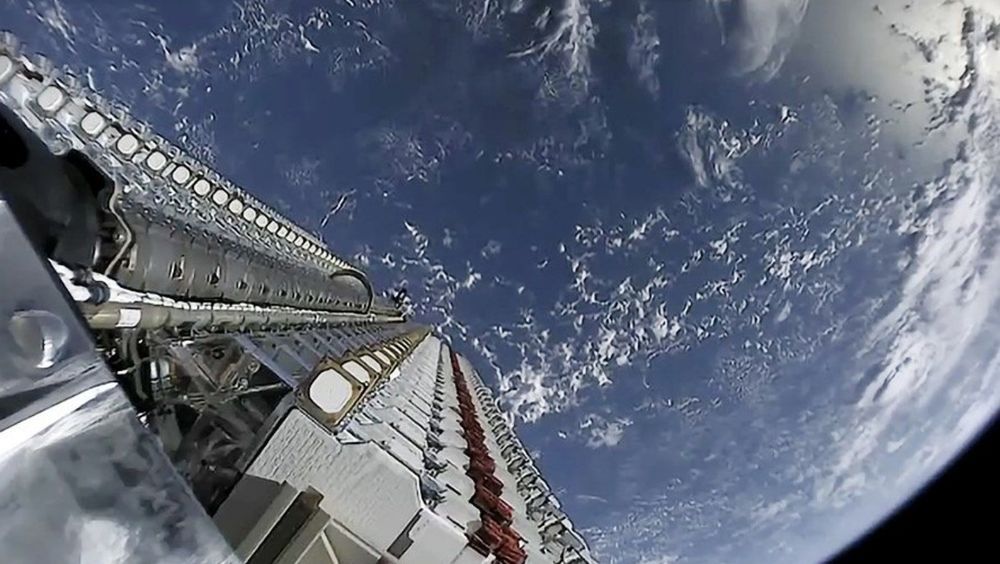
SpaceX has successfully deployed sixty production versions of the Starlink Satellite. They are targeting six Starlink launches through the next six months. Those six launches will place 360 Starlink satellites into orbit. The pace of Starlink launches will increase with six more launches by the end of April 2020. This will enable SpaceX to generate a lot of revenue for service to North America, Europe and Asia. The revenue will be from reducing latency in financial trading communication.
SpaceX and Elon Musk will be made financially secure by 2023 and will have the $20 billion per year budget of NASA. If Elon has a 30X on his 54% share of SpaceX, then with Elon would have 30 times $10 billion in 2024 (50% of $20 billion in 2024). This means Elon would be worth over $300 billion without including any valuation for Tesla.
If Tesla still had any financial issues, Elon would be able to lend money from SpaceX to Tesla by late 2020 or 2021. Elon used Tesla to buyout Solarcity. In 2018, financial analysts speculated that Elon could his SpaceX stake as collateral in a buyout of Tesla. If SpaceX is worth $100 billion late in 2020 and then $200 billion in 2021, Elon would easily be able to fund a Tesla buyout with his $54 billion and then $108 billion of SpaceX (versus about $15 billion today).
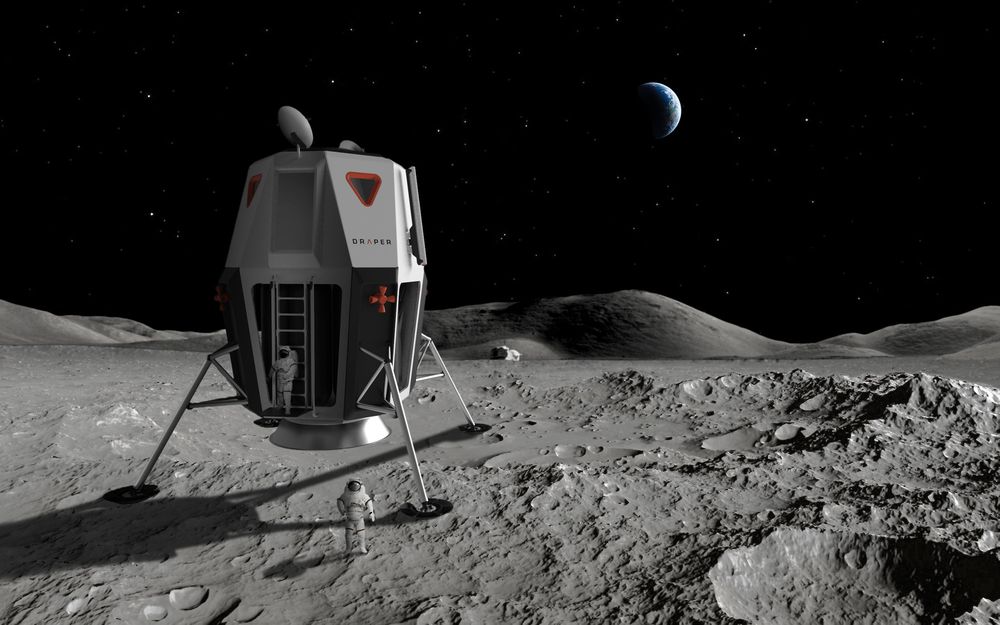
CAMBRIDGE, MA—Draper is part of five teams selected by NASA recently to conduct studies and produce prototypes of human landers for the agency’s Artemis lunar exploration program. The NASA contracts, which carry a potential value of up to $45.5M, further the agency’s goal to put American women and men on the Moon by 2024 as a step toward establishing sustainable missions by 2028.
When the space agency signaled its intention to partner with American companies on the development of a human landing system in 2018, Draper—with a heritage in human space exploration—participated successfully in the solicitation process in partnership with the five companies. The formal solicitation, to be issued at a later date, will provide the requirements for lander development and a 2024 human lunar landing.
According to NASA, the contracts are intended to “transport astronauts in a human landing system that includes a transfer element for the journey from the lunar Gateway to low-lunar orbit, a descent element to carry them to the surface and an ascent element to return them to the Gateway.”

Quantum computing’s processing power could begin to improve artificial-intelligence systems within about five years, experts and business leaders said.
For example, a quantum computer could develop AI-based digital assistants with true contextual awareness and the ability to fully understand interactions with customers, said Peter Chapman, chief executive of quantum-computing startup IonQ Inc.
“Today, people are frustrated when a digital assistant says, ‘Sorry, I couldn’t understand that,’” said Mr. Chapman, who was named CEO of the venture-capital-backed startup this week after about five years as director of engineering for Amazon.com Inc.’s Amazon Prime. Quantum computers “could alleviate those problems,” he said.
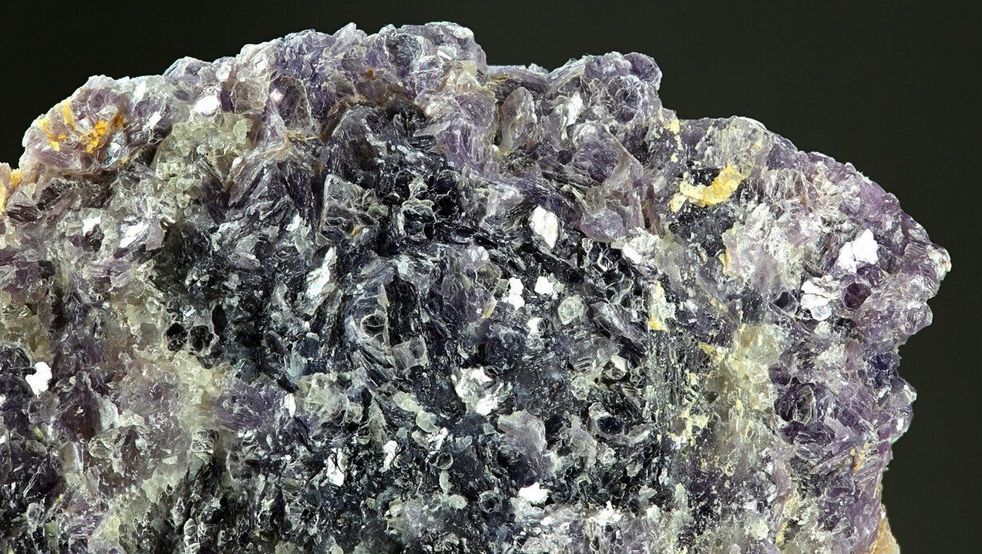
Using cutting-edge theoretical calculations performed at NERSC, researchers at Berkeley Lab’s Molecular Foundry have predicted fascinating new properties of lithium—a light alkali metal that has intrigued scientists for two decades with its remarkable diversity of physical states at high pressures.
“Under standard conditions, lithium is a simple metal that forms a textbook crystalline solid. However, scientists have shown that when you put a lithium crystal under pressure, the atomic structure changes and, somewhat counterintuitively, its conductivity drops, becoming less metallic,” said Stephanie Mack, a graduate student research assistant at Berkeley Lab and first author of the study, published in PNAS. “We’ve discovered it also becomes topological, with electronic properties similar to graphene.”
Topological materials are a recently discovered class of solids that display exotic properties, such as having insulating interiors yet highly conductive surfaces, even when deformed. They are exciting for potential applications in next-generation electronics and quantum information science. According to coauthors Sinéad Griffin and Jeff Neaton, lithium becomes topological at high but experimentally achievable pressures, comparable to one-quarter of the pressure at the Earth’s center.
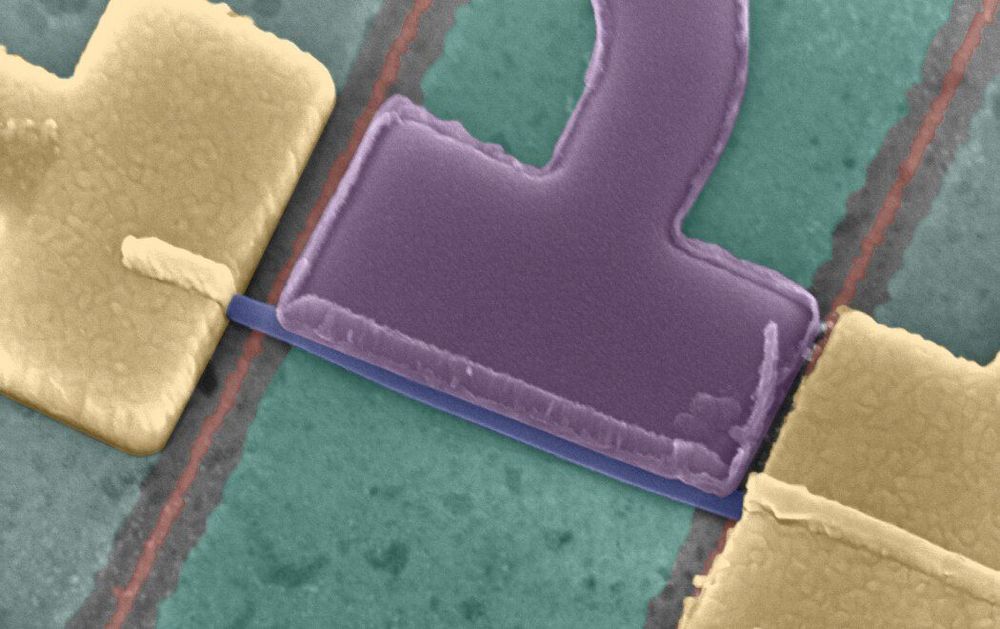
Researchers at Delft University of Technology have recently carried out a study investigating spin-orbit interaction in Majorana nanowires. Their study, published in Physical Review Letters, is the first to clearly show the mechanism that enables the creation of the elusive Majorana particle, which could become the building block of a more stable type of quantum computer.
“Our research is aimed at experimental verification of the theoretically proposed Majorana zero-mode,” Jouri Bommer, one of the researchers who carried out the study, told Phys.org via email. “This particle, which is its own antiparticle, is of particular interest, because it is predicted to be useful for developing a topological quantum computer.”
Quantum computing is a promising area of computer science that explores the use of quantum-mechanical phenomena and quantum states to store information and solve computational problems. In the future, quantum computers could tackle problems that traditional computing methods are unable to solve, for instance enabling the computational and deterministic design of new drugs and molecules.